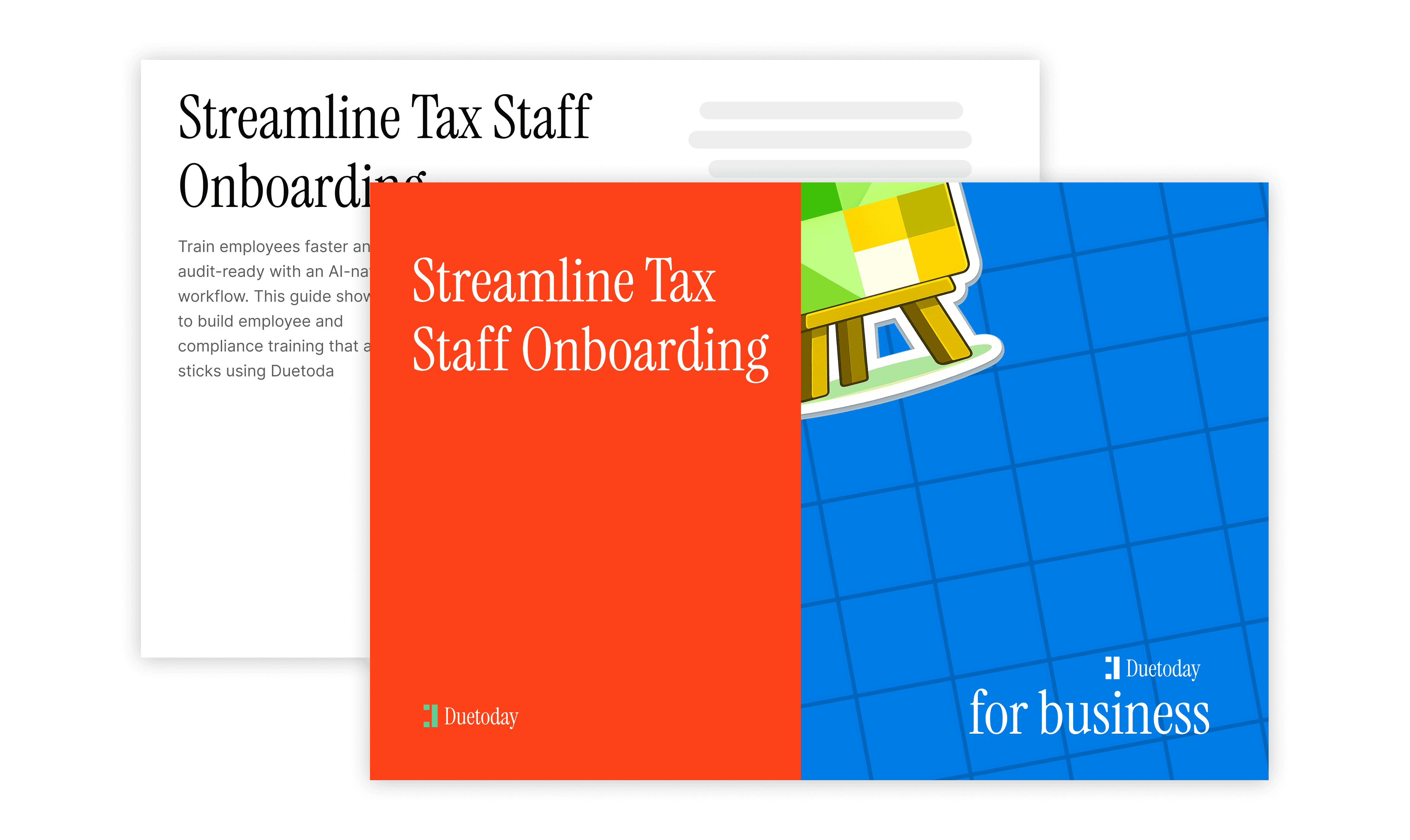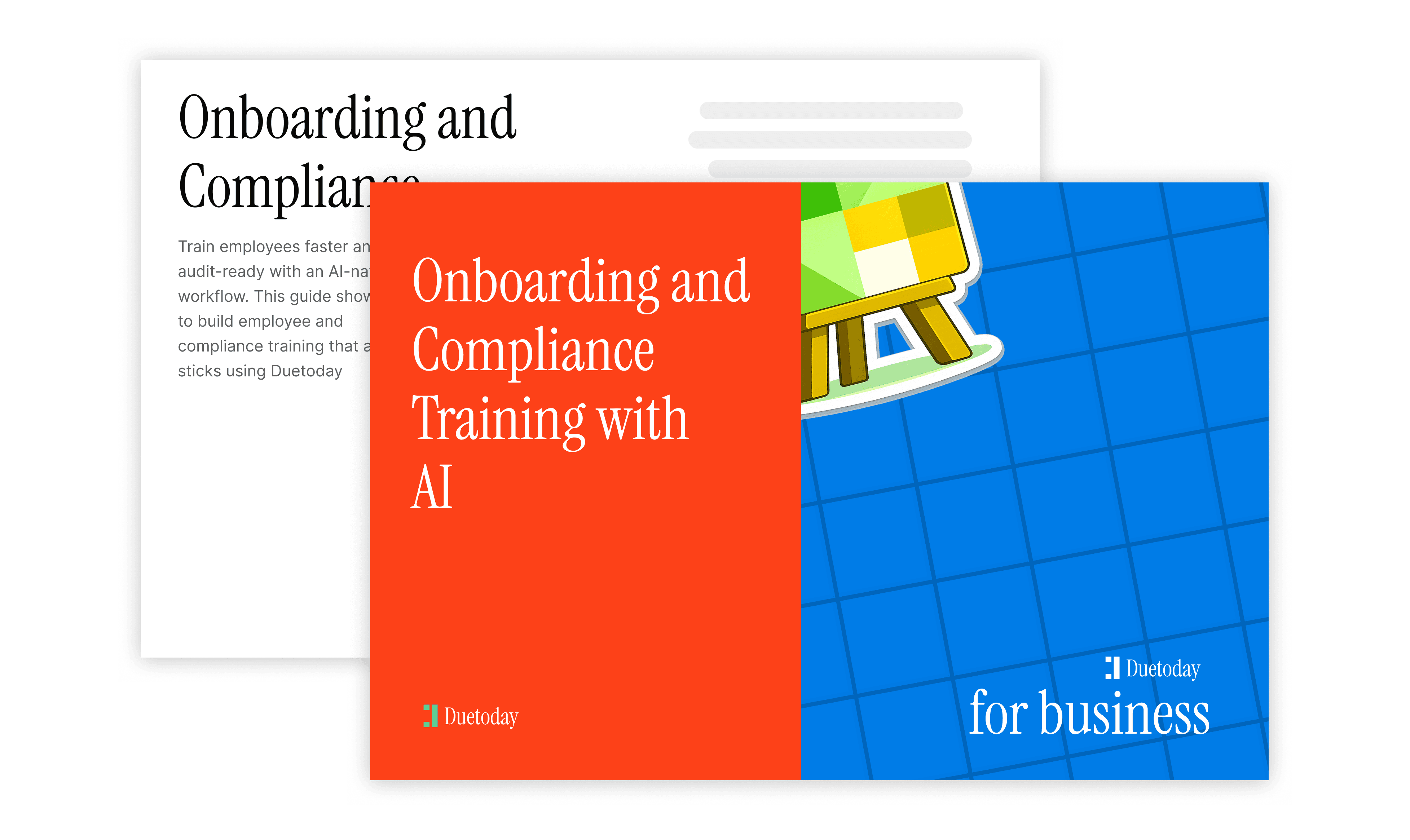
Is Using AI for Studying Considered Cheating?
AI
Nov 21, 2025

In the past two years, artificial intelligence has quietly moved from something students heard about to something they now use every single day. AI summarizers, AI note generators, AI flashcard builders, AI writing assistants, and even AI lecture transcribers are becoming standard tools in the backpacks of modern university learners. But with this shift comes one big question that almost every student thinks about at some point:
Is using AI for studying considered cheating?
It’s a fair question. Professors mention academic integrity. Students feel uncertain. Some universities add new guidelines every semester. Many worry that even harmless tools might get them into trouble. But the truth is much more nuanced than “yes or no.”
This guide explains everything students need to know: what counts as cheating, what doesn’t, which AI study tools are completely acceptable, what universities actually care about, and how to use AI ethically to improve grades without crossing the line.
Why Students Worry About AI and Cheating
AI arrived so fast that classrooms didn’t have time to adapt. University policies were written before tools could turn a full lecture into a summary or generate flashcards instantly. Many students feel caught between wanting to learn more efficiently and being afraid of breaking rules.
Most confusion comes from:
not knowing what professors expect
not knowing which tools are allowed
hearing conflicting advice from friends or online
the fear of plagiarism detection or AI-detection tools
unclear university guidelines
What’s important is this:
Using AI to study is not the same as using AI to do your assignments for you.
The difference between “assistance” and “substitution” is what determines whether something crosses into cheating.
What AI Use Is Considered Cheating?
Every university phrases it differently, but most academic integrity policies agree on the same core rule:
You cannot submit AI-generated work as your own original intellectual output.
This usually means:
letting AI write your essay and submitting it unchanged
generating answers for exam questions
writing discussion posts purely with AI
completing take-home assignments with AI-written responses
creating lab reports or problem-set solutions with no personal thought
In all these cases, the AI becomes the author. When students remove themselves from the thinking process entirely, that is where the boundary is crossed.
This is the same as letting a friend write your assignment. It is not the tool that breaks the rule—it is the replacement of your own mental work.
What AI Use Is NOT Considered Cheating?
Universities increasingly recognize that AI can support learning in healthy and acceptable ways. In fact, many professors publicly encourage it when used responsibly. AI used for studying is not cheating when it:
summarizes your lecture content
organizes your notes
generates flashcards or quizzes
explains concepts in simpler language
checks grammar, clarity or organization
helps you brainstorm or plan
improves your understanding of topics
In these cases, AI functions like a digital tutor or study assistant. You remain the one doing the thinking, understanding, and writing.
These are learning enhancers, not shortcuts. Most universities treat them similarly to calculators, dictionaries, or research summaries.
Why AI Study Tools Are Considered Ethical
Research on learning shows that students benefit from tools that:
reduce cognitive overload
increase active recall
provide instant feedback
improve comprehension
support spaced repetition
AI fits naturally into this pattern. It helps students learn faster and more effectively by taking over repetitive tasks, not intellectual ones. Summarizing a lecture or turning a PDF into flashcards does not remove your thinking—it prepares your brain to think more deeply.
Students still need to interpret, write, analyze, understand, and create original answers. AI simply removes the busy work.
Duetoday: Ethical AI Built Specifically for Studying
Duetoday is a great example of an AI system designed to support students without crossing academic lines. It acts like an intelligent notepad that records and transcribes lectures, turns them into summaries, creates quizzes and flashcards, and helps you organize your materials. Instead of doing your assignments, it guides your learning by transforming your study content into useful formats.
Students can upload PDFs, notes, or class recordings, and Duetoday builds structured study guides or mini courses based entirely on their own materials. This keeps the learning process honest, because you are still studying from your own content—AI just helps you understand it more effectively. Students can try it free and use it as a companion for ethical, smarter learning.
How Universities Actually View AI (Based on Current Guidelines)
Across North America, Europe, Australia, and Asia, universities are adopting similar positions on AI:
AI is acceptable when used for studying or learning.
For example, transcription, summarizing notes, generating practice questions, or clarifying concepts are all widely accepted.
AI is unacceptable when used to create academic output students pass off as their own.
Assignments, essays, reports, reflections, and exams must still come from the student.
Many universities now even teach students how to use AI properly. They highlight:
transparency
citation when appropriate
personal verification of AI-generated information
human-led critical thinking
AI is becoming a literacy skill, not a banned shortcut.
Why Using AI for Study Efficiency Is No Different from Other Tools
Students have always used tools to study:
calculators
Grammarly
Quizlet
SparkNotes
lecture recordings
group study summaries
tutoring centers
AI simply combines these into a more efficient format. Universities didn’t ban calculators because they helped students think less—they allowed them because they improved accuracy and freed mental space for deeper learning.
AI studying works the same way.
How to Use AI Without Breaking Academic Integrity Rules
AI becomes cheating only when it removes your involvement.
Here’s how to stay in the safe zone:
Use AI for understanding, not for producing your assignment.
Explain the concept in your own words after AI explains it to you.
Use AI to brainstorm, not to write.
Ideas are fine. The final text should be yours.
Use AI for clarity, not for full essays.
Grammar and structure checks are acceptable.
Use AI for practice questions, not exam answers.
Testing yourself is good. Getting answers is not.
Use AI to manage your notes, not to fabricate content.
Transcribing or summarizing your own materials is ethical.
If you follow these, you will always stay on the right side of your university’s policies.
Can AI-Detection Tools Mistake Your Work for AI?
Many students are afraid their original writing may be flagged incorrectly. Unfortunately, AI-detection tools are not perfect—several studies show high rates of false positives.
Universities know this and rarely punish students without a thorough manual review. They examine writing patterns, drafts, version history, citations, and context.
If you wrote your work yourself, you’re safe—even if a detector gives a high score.
Using AI ethically to study will never put your academic record at risk.
What Professors Really Want Students to Do
Most professors are actually excited about AI when students use it responsibly. What they don’t want are shortcuts that skip learning. They want deeper thinking, better understanding, and stronger application skills.
Professors appreciate students who use AI to:
master difficult concepts
improve organization
stay consistent in studying
manage overwhelming content
prepare properly for exams
AI becomes a positive force when it makes students active learners instead of passive ones.
The Bottom Line: Using AI to Study Is Not Cheating
Using AI to:
take notes
understand content
generate flashcards
create quizzes
summarize lectures
organize your materials
clarify concepts
is completely acceptable.
Using AI to:
write essays
complete graded assignments
answer exam questions
create artificial research
generate entire responses for submission
is cheating.
The key difference is whether you remain the author of your academic work.
AI is a study tool, not a replacement for your brain. When used responsibly, it strengthens your learning, reduces stress, and improves your academic performance in a way that aligns perfectly with university policies.
Frequently Asked Questions
Will universities ban all AI tools?
No. Most institutions are adapting, not banning. Study tools like note-takers and transcription apps are widely accepted.
Can AI help me prepare for exams?
Yes. AI-generated flashcards, quizzes, summaries, and study guides are completely ethical because they support your learning.
Is using Duetoday considered cheating?
No. Duetoday helps with studying, revising, and understanding your own materials. It does not create assignments for you.
What if I accidentally rely too much on AI?
Make sure final work is in your own words. AI should guide your thinking, not replace it.
Can I use AI for group projects?
Yes, as long as your contributions are authentic and you follow group or instructor instructions.

Take A Look At Our Latest Blogs & Update!
GET STARTED Free
Your All-In-One
AI Study Companion
Start using Duetoday and save 8 hours per week.











